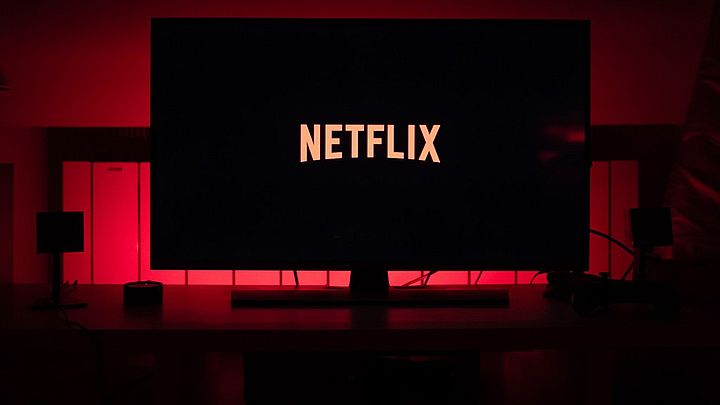Here's What Netflix had to Censor Last Year
According to the recently released Netflix report for 2019, the company has removed content nine times on official requests from individual countries. This is the first time the company has openly admitted it.

Netflix published its development and accounting report for 2019. In addition to the standard statistical data present in this type of documents, there is also a section devoted to the content deleted at the request of some countries. In other words: it was written in plain text when, and which titles disappeared from the streaming platform at the request of the authorities of specific countries. We the report reads:
"We offer creators the ability to reach audiences all around the world. However, our catalog varies from country to country, including for rights reasons (i.e., we don’t have the rights to show everything in every country where we operate). In some cases we’ve also been forced to remove specific titles or episodes of titles in specific countries due to government takedown demands."
You're probably wondering what titles they got banned and where. Here's the answer. Let's start with the fact that there were nine such cases (series and specific episodes). As many as five requests came from Singapore, one each from Vietnam, Germany, New Zealand and Saudi Arabia. Below you can see a full list (with a description from the report) of titles that have been removed by government requests.
- In 2015, the company complied with a written demand from the New Zealand Film and Video Labeling Body to remove The Bridge from the service in New Zealand only. The film is classified as “objectionable” in the country.
- In 2017, the company complied with a written demand from the Vietnamese Authority of Broadcasting and Electronic Information (ABEI) to remove Full Metal Jacket from the service in Vietnam only.
- Again in 2017, Netflix with a written demand from the German Commission for Youth Protection (KJM) to remove Night of the Living Dead from the service in Germany only. A version of the film is banned in the country.
- In 2018, the company complied with a written demand from the Singapore Infocomm Media Development Authority (IMDA) to remove Cooking on High, The Legend of 420, and Disjointed from the service in Singapore only.
- In 2019, Netflix complied with a written demand from the Saudi Communication and Information Technology Commission to remove one episode—“Saudi Arabia”—from the series Patriot Act with Hasan Minhaj from the service in Saudi Arabia only
- Again 2019, the company received a written demand from the Singapore Infocomm Media Development Authority (IMDA) to remove The Last Temptation of Christ from the service in Singapore only. The film is banned in the country.
- In 2020, Netflix complied with a written demand from the Singapore Infocomm Media Development Authority (IMDA) to remove The Last Hangover from the service in Singapore only.
It is worth noting that this is the first time in history that the company has admitted to this type of practice. As it turns out, not the last. In the announcement we can read that from now on the streaming giant will inform about similar activities in its annual reports. This also means that we can probably expect more removed titles in the future.
A few "compromizes" under pressure from governments aroused considerable controversy. The media have raised the alarm several times (especially in the United States) and called for respect for freedom of speech. However, the representatives of the platform have always stressed that Netflix operates in the entertainment business, therefore the company should not be perceived as an information channel. The giant wants to enable creators to reach a wide audience, but they must respect the law. Therefore, it is more profitable to give up one or two films in a particular region than to leave a market completely "in the name of freedom of speech".
- Stranger Things 5 is a „masterpiece”? Sci-fi hit finale kicked off strong with 86% on Rotten Tomatoes, but critics have one major complaint
- Stranger Things 5 sets a historic Netflix record. New season of sci-fi hit outclasses Wednesday
- Netflix buys Warner Bros., potentially upgrading its gaming ambitions with new studios and IP
0
Latest News
- „A lot has become lost in translation.” Swen Vincke suggests that the scandal surrounding Divinity is a big misunderstanding
- Stuck in development limbo for years, ARK 2 is now planned for 2028
- Few people know about it, but it's an RPG mixing Dark Souls and NieR that has received excellent reviews on Steam, and its first DLC will be released soon
- AI „won't make The Witcher 5,” but CD Projekt Red doesn't despise it. Artificial intelligence isn't responsible for massive layoffs in the game industry
- This is expected to be the biggest year in the company's history. Blizzard prepares an offensive that will overshadow previous years

